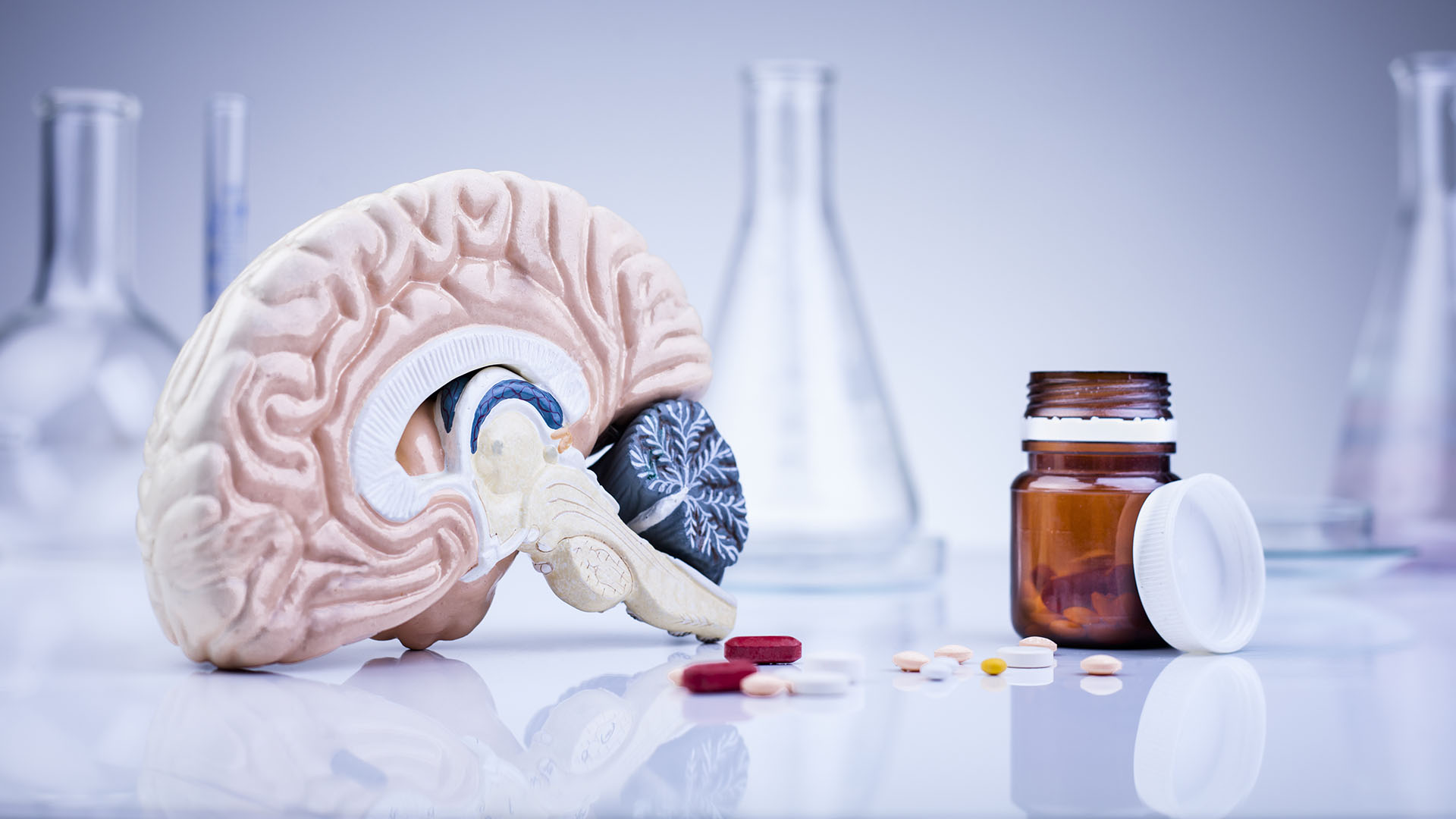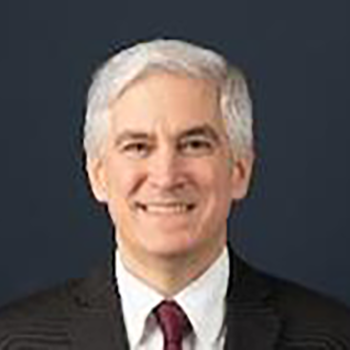The center aims to advance addiction-related science and service through prevention, treatment, and initiatives in four core areas:
Center for Addiction Research, Education, and Service (CARES)

The mission of the Center for Addiction Research, Education, and Service (CARES) is to strengthen and advance UMB’s efforts to address the adverse impact of addiction on individuals, families, communities, and society.
CARES faculty for Core 1 will collaborate with key stakeholders to:
- Conduct needs assessment by discipline to identify primary barriers to addiction-related workforce participation and retention among behavioral health professionals.
- Develop key initiatives, services, and programs to address modifiable workforce barriers.
- Develop a range of marketing, training, and technical assistance initiatives aimed at enhancing SUD-related service efficiency, coordination, and efficacy (i.e., process of care and protocols).
- Identify and address underdeveloped specialty training opportunities for UMB students; strengthen IPE focus on addiction training among schools on campus and prioritize IPE training, as appropriate; including addiction-related interdepartmental and interprofessional continuing education (CE) opportunities for prospective and current behavioral health workforce members.
CARES faculty for Core 2 will collaborate with experts, policymakers, and funding agencies to:
- Develop pilot projects that focus on innovative delivery of substance use disorder (SUD) treatments and preventive interventions.
- Develop solutions to issues of improving access to quality care.
- Improve patient continuing care including transitions among providers, facilities, and programs.
- Provide more cost-effective approaches to service delivery.
CARES Core 3 faculty will expand UMB faculty research, data surveillance, and management in addictions by:
- Providing annual funding to UMB faculty for pilot studies closely related to one or more of the center’s core functions.
- Maintaining an inventory of UMB grants, contracts, and programs related to substance use disorders.
- Facilitating contact among members of the UMB community interested in or practicing in the area of SUDs.
- Identifying and addressing critical gaps in addiction-related data surveillance systems to improve SUD system capacity and response.
CARES Core 4 faculty will work collaboratively to:
- Provide consultation on addiction-related matters to local, state, and federal legislative bodies and policymakers (i.e., criteria for analyzing data from the Prescription Drug Monitoring Program).
- Provide training to policymakers and other stakeholders to inform legislative proposals and policy decision-making.
- Conduct policy analyses and publish opinions related to proposed or enacted legislation.
- Conduct advocacy on legislative issues or regulations that affect SUD care or financing (i.e., regulations on DEA partial-fill prescriptions, provision and reimbursement for telepsychiatry, medication-assisted treatment).
Center Leadership and Administration
The center is led by Richard Barth from the University of Maryland School of Social Work.
CARES is co-directed by UMB faculty members Paul Sacco from the School of Social Work, Victoria Selby from the School of Nursing, and Eric Weintraub from the School of Medicine.

Richard Barth, PhD, MSW
Dean of the School of Social WorkProfessor

Eric Weintraub, MD
Associate Professor, School of Medicine
Victoria Selby, PhD, CRNP-PMH, PMHNP-BC, CARN-AP
Assistant Professor, School of Nursing
Paul Sacco, PhD
Associate Professor, School of Social WorkCARES also engages key stakeholders to promote, shape, and accomplish the core aims of the center through the efforts of a Steering Committee.
The Steering Committee is composed of UMB administration, faculty, and staff with expertise in a variety of areas relevant to the overall success of the center and the prevention and mitigation of the harms of addiction.
Resources on Addiction
The National Institute on Drug Abuse (NIDA)
The Substance Abuse and Mental Health Services Administration (SAMHSA)
Treatment Resources
Behavioral Health System Baltimore Crisis Information and Referral Line: 410-433-5175
Contact
UMB CARES
Richard P. Barth, PhD, MSW
Professor and Past-Chair Grand Challenges for Social Work



